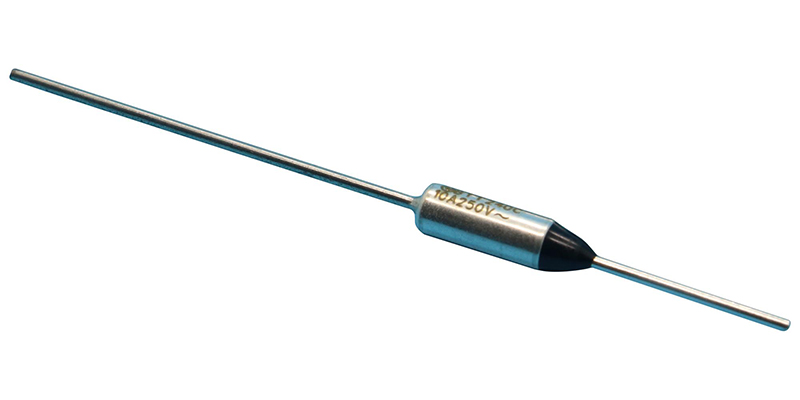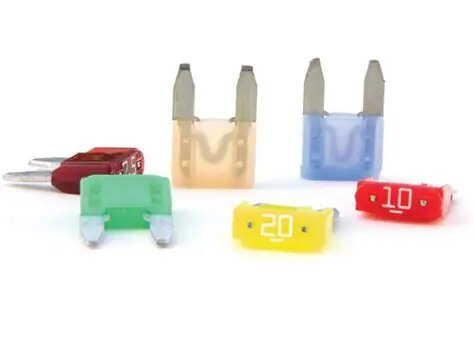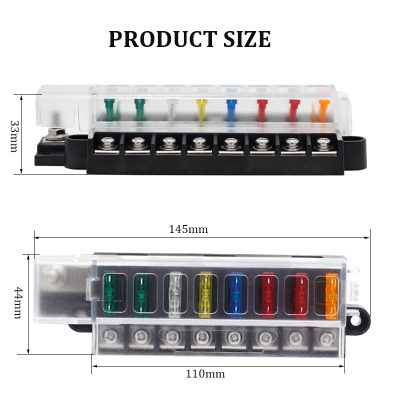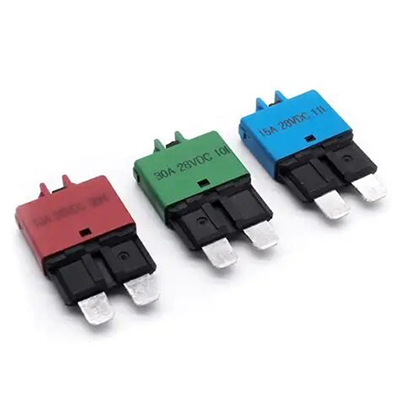Current Fuse Corrosion Resistance for Vehicles in Coastal Areas
News 2025-10-24
Fuses are critical components in vehicle electrical systems, ensuring protection against overcurrent and short circuits. In coastal regions, where salt-laden air and high humidity prevail, corrosion poses a significant threat to these elements. This can lead to premature failures, compromising safety and reliability. Understanding current advancements in fuse corrosion resistance is essential for engineers and manufacturers aiming to enhance vehicle durability in such harsh environments. By focusing on materials and designs that withstand corrosive conditions, the automotive industry can mitigate risks and extend component lifespan.

Environmental Challenges in Coastal Settings
Coastal areas expose vehicles to aggressive elements like saltwater spray and elevated moisture levels, which accelerate the oxidation of metal parts in fuses. Salt ions can penetrate protective coatings, leading to electrochemical reactions that degrade contacts and housings. This degradation often results in increased resistance or complete failure, disrupting critical systems such as lighting, ignition, and safety features. For vehicles frequently operating in these conditions, such as marine transport or coastal patrol units, selecting fuses with enhanced corrosion resistance is vital to maintain operational integrity and reduce downtime.
Performance Advantages of Modern Corrosion-Resistant Fuses
Today’s fuses incorporate advanced materials like nickel-plated or tin-bismuth alloys that offer superior protection against rust and pitting. These enhancements improve electrical conductivity and mechanical strength, ensuring consistent performance under corrosive stress. In application, such fuses demonstrate longer service life and better tolerance to temperature fluctuations common in coastal climates. This translates to cost savings through fewer replacements and enhanced safety, as reliable fusing prevents cascading failures in vehicle electronics. Manufacturers are integrating these features to meet industry standards, making them ideal for high-exposure scenarios.
Frequently Asked Questions
1. What factors contribute to fuse corrosion in coastal environments?
Answer: Salt spray and high humidity promote oxidation and electrochemical degradation, weakening fuse components over time.
2. How do corrosion-resistant fuses improve vehicle reliability?
Answer: They use durable materials that resist environmental damage, reducing failure rates and ensuring consistent electrical protection.
3. What steps should be taken to maintain fuses in coastal areas?
Answer: Regular inspections, protective coatings, and selecting rated corrosion-resistant models help extend fuse longevity and performance.


